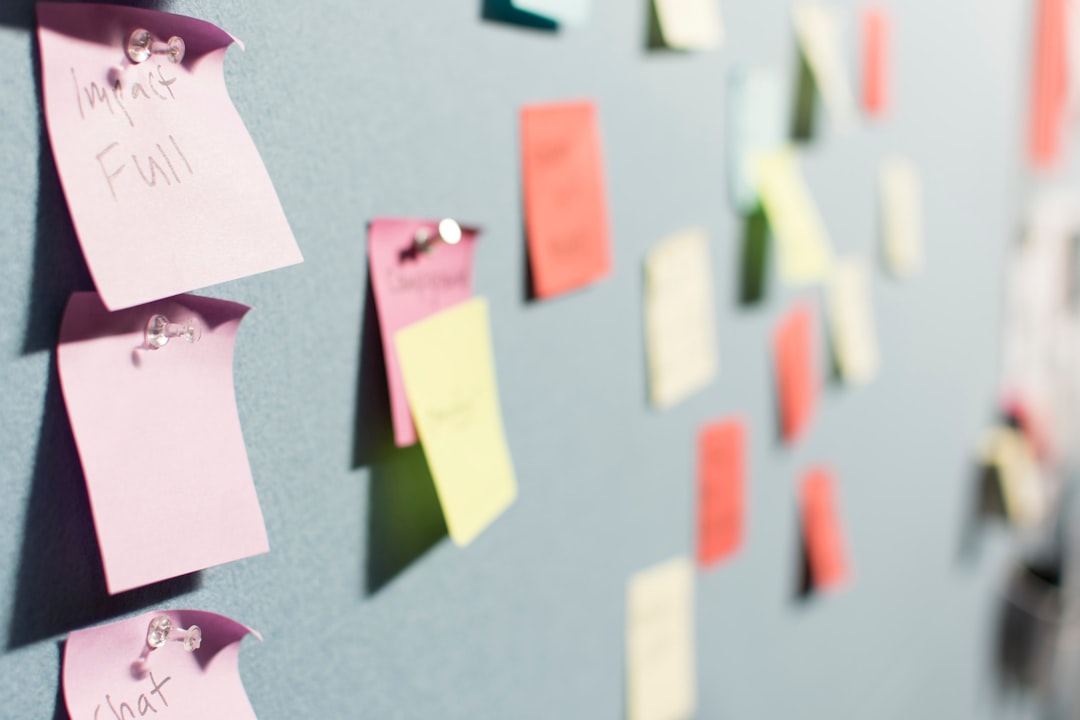Have you ever wondered why, despite rapid technological advancements, healthcare often seems stuck in the past? It’s not the absence of new knowledge – it’s the stubborn presence of the old. In a world where tech leaps forward daily, healthcare’s biggest hurdle isn’t learning; it’s unlearning.
Healthcare, where innovation can mean the difference between life and death, often finds itself bogged down by an unlikely adversary – outdated knowledge. This isn’t about the absence of new technologies or breakthroughs. The medical field continues to witness incredible advancements. Persistent adherence to old methods, biases, and practices is the real barrier.
The Anchors of Obsolete Knowledge
Consider the reluctance to adopt electronic health records (EHRs) universally or the resistance to AI-driven diagnostic tools despite their proven efficiency. The resistance isn’t due to a lack of evidence about their benefits; it’s often due to a deep-seated aversion to change and a comfort in ‘the way things have always been done.’ This attachment to obsolete knowledge not only hampers progress but also risks patient care.
The typical response to this challenge has been to push for more education and training in new technologies. Medical professionals are constantly encouraged to attend workshops, seminars, and conferences to stay updated on the latest trends. Hospitals and clinics invest heavily in training staff on new systems and processes, hoping that this will bridge the gap.
However, while necessary, this approach often focuses solely on adding new knowledge, assuming that it will automatically displace the old. But learning isn’t just about accumulation; it’s also about discernment – knowing what to keep and what to discard.
The problem with simply layering new knowledge over old is that it doesn’t address the underlying issue of unlearning. Unlearning is not just forgetting. It’s the process of challenging and letting go of outdated beliefs and practices that no longer serve a useful purpose.
For instance, a doctor might learn to use an advanced AI tool for diagnosis but still default to traditional methods out of habit or scepticism. The new knowledge becomes an add-on, not a replacement. This clinging to the past creates a cognitive dissonance where innovation is acknowledged but not fully embraced, leading to a half-hearted, inefficient application of new technologies.
The Need for Strategic Unlearning
The crux of the matter in healthcare technology transformation is the acquisition of new knowledge and the active, conscious process of unlearning obsolete practices. This unlearning is essential because it frees professionals from the shackles of outdated methodologies, allowing them to integrate and utilise new technologies fully. It’s about creating a mindset as innovative as the technologies we seek to adopt.
- Innovation Needs Space. New technologies need intellectual and operational space to flourish. Unlearning creates this space by removing cluttered, outdated practices.
- Adaptability Enhances Care. Healthcare professionals who can unlearn and relearn are more adaptable, an essential quality in rapidly evolving medical fields. This adaptability directly translates to better patient care.
- Efficiency in Practice. Letting go of old methods can significantly streamline processes, making healthcare more efficient and effective.
Some may argue that old knowledge forms the foundation of healthcare, and abandoning it entirely could lead to losing valuable expertise. However, the solution isn’t to discard all old knowledge but to critically evaluate and retain what’s beneficial while fearlessly discarding what hinders progress.
- Conduct Regular Knowledge Audits: Identify and challenge outdated practices. What’s still relevant, and what’s holding us back?
- Foster a Culture of Continuous Learning and Unlearning: Encourage professionals to learn and unlearn. This requires a shift in mindset and institutional support.
- Implement Reverse Mentoring: Pair seasoned healthcare professionals with tech-savvy newcomers. This creates a two-way learning street, bridging gaps between old and new knowledge.
- Encourage Cross-Disciplinary Collaboration: Sometimes, fresh perspectives from other fields can highlight obsolete practices that have become invisible to those immersed in them.
- Create Incentives for Unlearning and Relearning: Recognize and reward efforts to shed outdated practices and adopt new, more effective methods.
In pursuing a technologically advanced healthcare system, our focus should be as much on unlearning the obsolete as learning the new. It’s a complex challenge, but one we must embrace to unlock the full potential of healthcare innovation.
So, next time you think about technological transformation in healthcare, ask yourself: “What needs to be unlearned to make room for the future?”.

